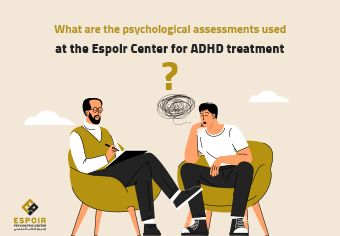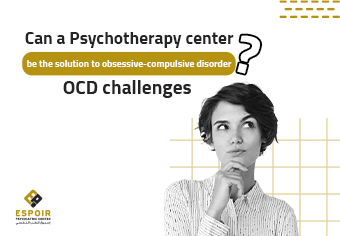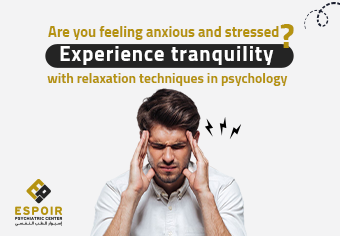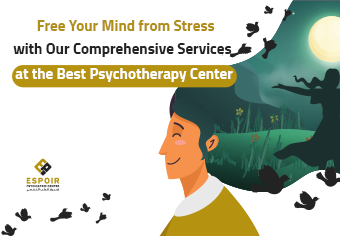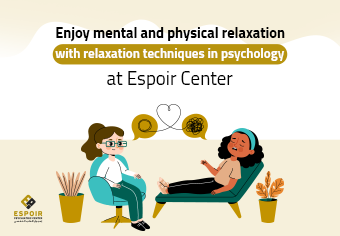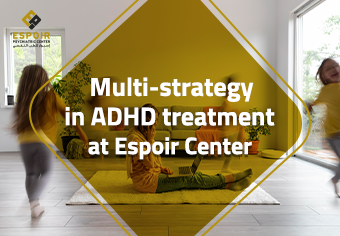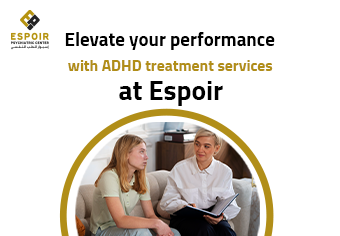
Attention Deficit Hyperactivity Disorder (ADHD) is a condition that affects millions of people worldwide, characterized by persistent patterns of inattention, hyperactivity, and impulsivity, significantly impacting daily life. Treating ADHD requires a comprehensive approach involving behavioral interventions, medication management, and supportive therapies. In recent years, there have been advancements in understanding this disorder, leading to more targeted and effective treatment strategies. While stimulant medications like methylphenidate and amphetamines remain primary options for pharmacological ADHD treatment, new non-stimulant choices such as Atomoxetine and Guanfacine provide alternatives for those unable to tolerate stimulant medications or prefer non-stimulant options. Additionally, focused behavioral therapies emphasizing skill-building, organization, and time management play a role in symptom management. This article explores the latest developments in treating the disorder and other important details.
The Role of Cognitive-Behavioral Therapy in ADHD treatment:
Cognitive-behavioral therapy has a significant impact on ADHD treatment, especially in addressing specific behavioral and cognitive challenges associated with this disorder. Here is an overview of the role of cognitive-behavioral therapy in managing this disorder.
- Skill Development:
This therapy focuses on developing specific skills to manage symptoms, including improving organizational skills, time management, planning, and task prioritization. Individuals learn practical strategies to enhance their executive functioning.
- Behavioral Modification:
Cognitive-behavioral therapy (CBT) helps individuals identify inappropriate behaviors and replace them with more constructive alternatives. This may involve addressing impulsive behaviors, improving attention span, and reducing hyperactivity through behavioral interventions and reinforcement techniques.
- Cognitive Restructuring:
The therapy aims to challenge and restructure negative thought patterns commonly associated with this disorder, such as self-criticism or feelings of failure. By promoting positive self-talk and realistic thinking, individuals can build resilience and improve self-esteem.
- Problem-Solving Skills:
Individuals with ADHD often struggle with problem-solving and decision-making. Effective problem-solving strategies are taught in CBT, encouraging individuals to break down complex tasks into manageable steps and explore alternative solutions.
- Emotional Regulation:
ADHD is often accompanied by emotional dysregulation. CBT helps individuals recognize and regulate emotions through teaching adaptive coping mechanisms to manage frustration, anger, and anxiety more effectively.
- Parental Involvement:
CBT may involve parents or caregivers in learning behavior management techniques to support their affected child. This collaborative approach ensures consistency in implementing strategies across different environments.
- School and Work Performance:
CBT interventions can directly address academic or professional challenges associated with ADHD, including developing study habits, improving work productivity, and fostering positive relationships with peers and colleagues.
- Long-Term Coping Strategies:
The therapy equips individuals with long-term adaptive strategies that extend beyond therapy sessions. By learning and applying these skills, individuals can better manage symptoms and adapt to daily challenges.
Assessment Tools for Attention Deficit from Espoir Center:
The Espoir Center emphasizes a comprehensive and multidimensional approach to assessing attention-deficit/hyperactivity disorder (ADHD), ensuring accurate diagnosis and designing appropriate treatment plans tailored to each individual’s needs. This comprehensive assessment helps identify disorder symptoms, exclude other potential causes, and guide effective interventions to support individuals in managing their symptoms and improving their quality of life. Let’s explore the assessment tools used in ADHD treatment at the Espoir Center:
- Diagnostic Interview:
The Espoir Center initiates the assessment process with a detailed diagnostic interview. This interview involves gathering information about personal developmental history, symptoms, academic and professional performance, medical history, and family background. The diagnostic interview helps understand the nature and severity of symptoms related to attention-deficit/hyperactivity disorder (ADHD).
- Behavioral Assessment Measures:
The center utilizes standardized behavioral assessment measures such as the ADHD-RS-5 (ADHD Rating Scale-5) completed by parents, teachers, and sometimes the individual themselves. These measures evaluate symptoms across multiple settings and provide valuable information about the presence and severity of inattention, hyperactivity, and impulsivity.
- Continuous Performance Tests (CPT):
The Espoir Center conducts CPTs like the Conners’ Continuous Performance Test (CPT) to assess sustained attention and response inhibition. These tests involve completing repetitive tasks on a computer while measuring attention performance.
- Neuropsychological Evaluation:
Comprehensive neuropsychological assessments may be conducted to evaluate cognitive functions such as attention, executive functions, memory, and processing speed. This assessment helps understand the cognitive profile of the individual and identify strengths and weaknesses.
- Behavioral Observations:
Observations of the individual’s behavior in various environments (e.g., school, home) provide additional insights into their functioning and behavior patterns. This observational data complement information gathered from interviews and assessment measures.
- Collateral Information:
The Espoir Center gathers collateral information from teachers, parents, caregivers, and other professionals involved in the individual’s care. This information provides a comprehensive understanding of their functioning across different domains.
- Medical and Neurological Assessment:
Our center often conducts medical assessments to rule out any underlying medical conditions that may mimic ADHD symptoms. Neurological assessments may also be recommended to evaluate brain structure and function.
In conclusion,
The Espoir Center is recognized as a trusted and specialized facility for ADHD treatment. We take pride in offering comprehensive assessment services and effective therapeutic programs to help individuals improve their quality of life and achieve their goals. By employing the latest technologies and therapeutic techniques, Espoir provides innovative and tailored solutions that meet the unique needs of each individual. Our aim is to provide a supportive and stimulating environment that enhances focus, improves cognitive and behavioral skills, and promotes personal adaptation. Whether you are seeking a comprehensive assessment or a personalized treatment program, our expert team is ready to support you throughout your journey towards improvement and stability.


